Since 2017, HEKS (the Swiss Church Aid) has supported efforts to make elementary schools maintained by the Hungarian Reformed Church more inclusive. Today, more than a dozen institutions carry out development aimed at inclusion, and their spring network meeting was hosted by the headquarters of the Hungarian Reformed Church Aid (HRCA). More than fifty employees from eleven schools participated in the all-day workshop on May 22.
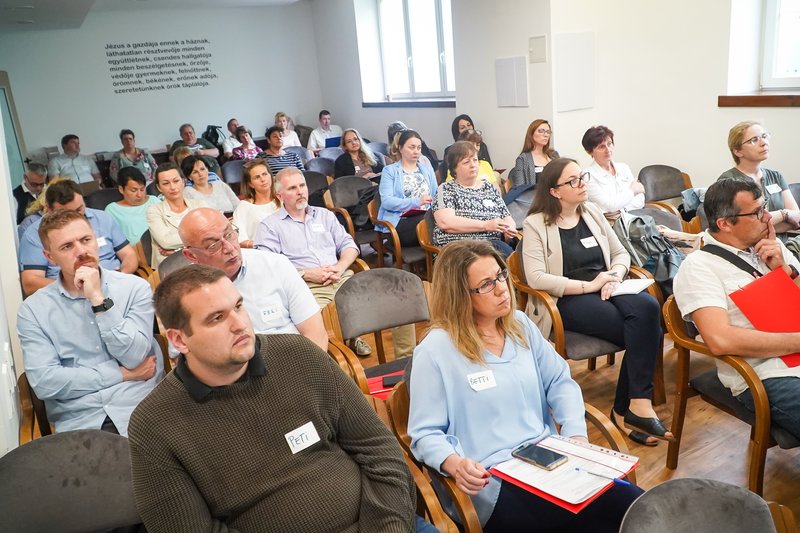
Most recently, in December, at the Julianna Primary School of the Budapest-Fasori Reformed College, heads of institutions and teachers - almost forty of them - gathered for a network meeting. Now, even more people have come from various parts of the country to learn about each other's good practices and to jointly find solutions to the challenges that arise.
After the opening video of the recent Aranyhíd gypsy poetry recitation competition, Tamás Eperjesi, head of the Department for Social Inclusion of the Diaconia of the Reformed Church in Hungary (RCH), greeted the participants of the meeting. Eperjesi briefly situated the placement of the inclusive school program among the Reformed social inclusion services.
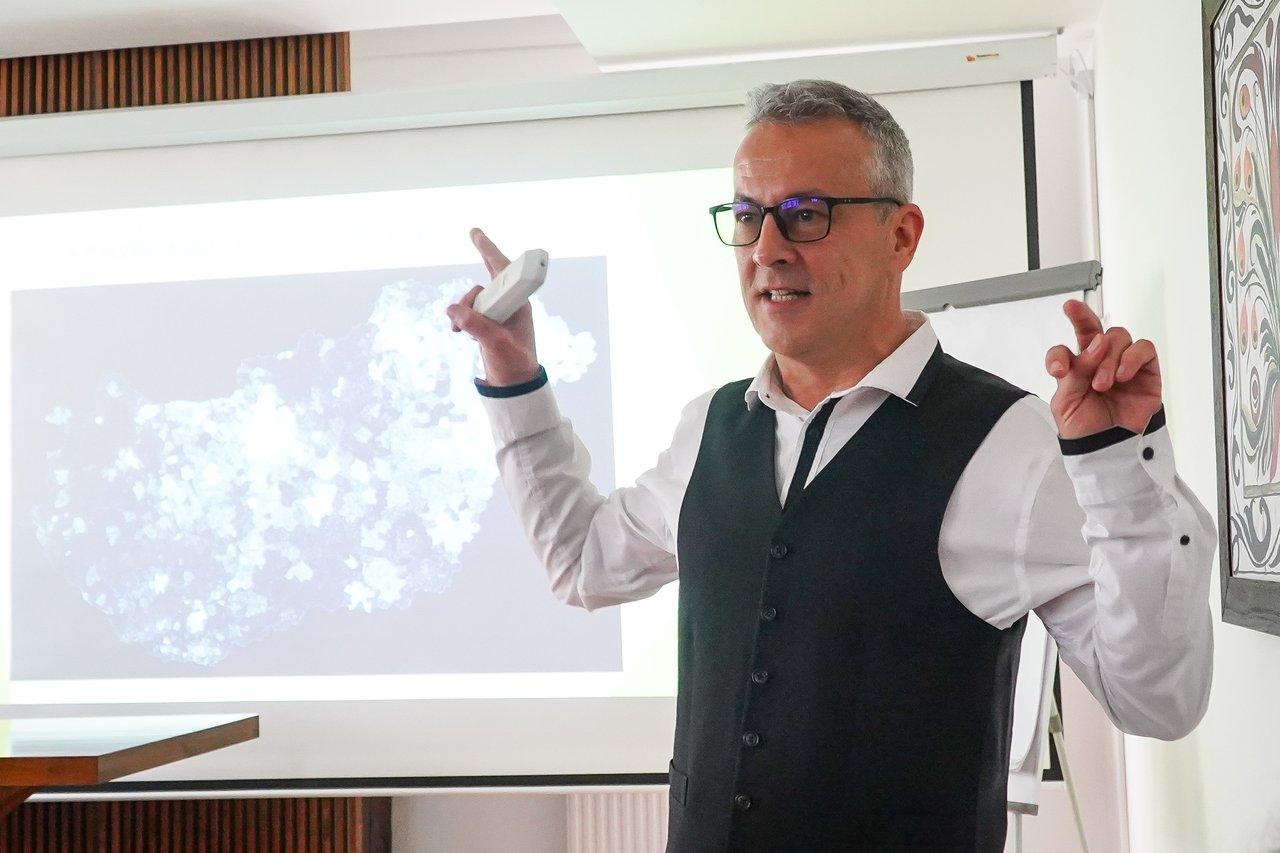
Szabina Sztojka, the pastor leading the RCH Roma Ministry, in her opening devotion, based on the story of Peter and Cornelius, invited those present to think about a young Roma/Gypsy, their relationship with this individual and examine the feelings and challenges associated.
"I now realize how true it is that God does not show favoritism," the pastor quoted Peter's words from Acts 10:34. This is the basis of inclusion since every teacher must see his students as wonderful creations of God, regardless of origin, skin color, or life situation. Through this perspective, even the most difficult obstacles to overcome can become opportunities.

For most of the day, Orsolya Pintérné Lázok, head of the Nagyharsány Primary School of the Reformed College of Pécs, and Zsolt Gál, teacher of the school and head of the creative pedagogy workshop, facilitated the joint work. Lázok and Gál also act as mentors within the inclusion program.
Zsolt presented the program milestones, starting with the institutional research in 2017, the pilot project in 2018 and the start of growth, and then through the setback due to Covid, all the way to the birth of the Network of Inclusive Reformed Schools. Establishing the Network of Inclusive Reformed Schools resulted in an influx of new entrants and strengthened the mentoring process originally started by the Pressley Ridge Foundation. Looking forward, the network would like to create mentoring workshops, keeping in mind the need to develop new professionals.
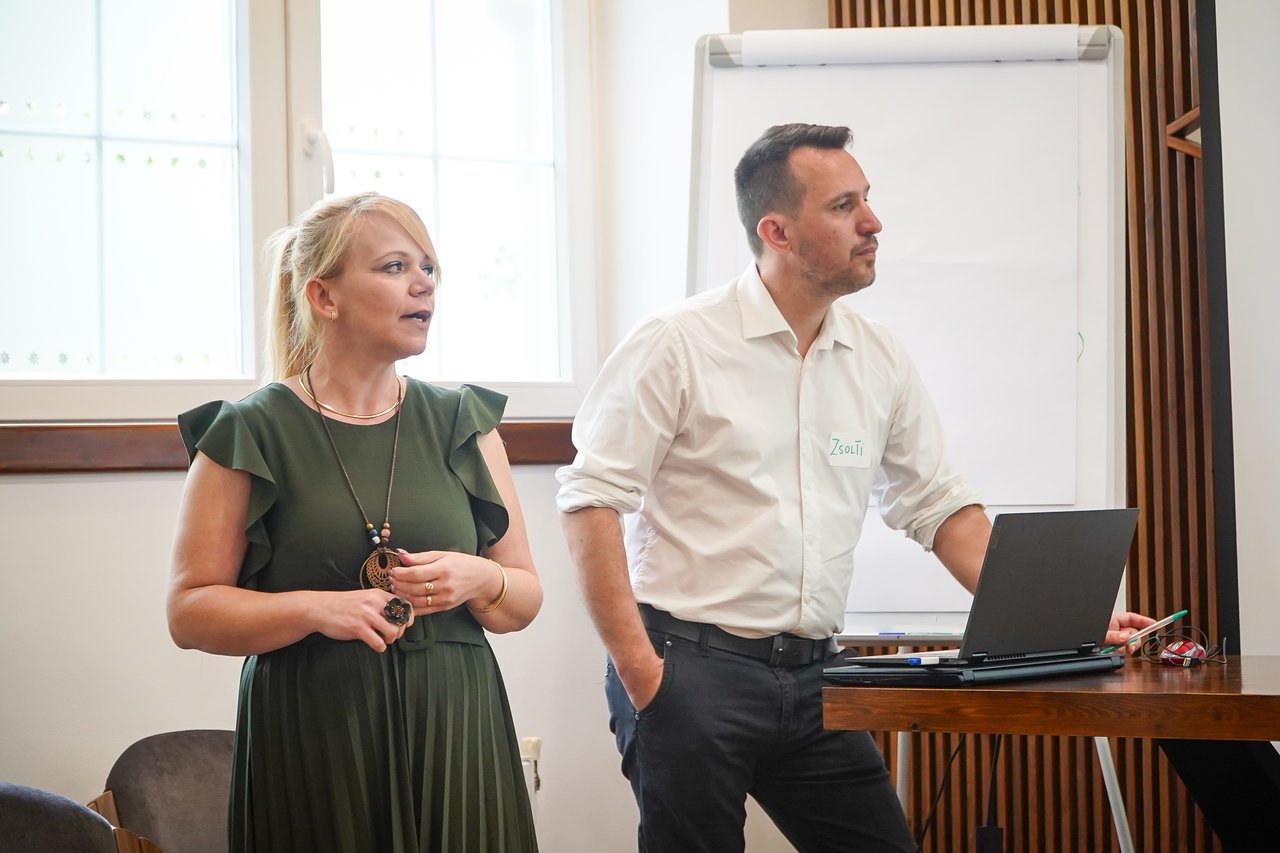
"Our further goals are that after 2024, within the framework of a new tender, even more schools will join the network, which will have an increasingly strong place in the Hungarian Reformed Church", said Zsolt, who also expressed his hope for the establishment of a mentor network and a training portfolio dealing with inclusion - mainly with the involvement of the Reformed Pedagogical Institute and Károli Gáspár University of the Reformed Church in Hungary - in connection with its strengthening. Orsolya gave a lecture on the dimensions of Organization Development, detailing how many things are needed in the inclusion process.
The participants then continued to reflect with one another based on their specific institutional experience. Among the tasks performed in smaller groups, they paired inclusive values with the fruits of the soul. Then they sought answers to questions related to the inclusive processes of their schools associated with Orsolya's presentation.
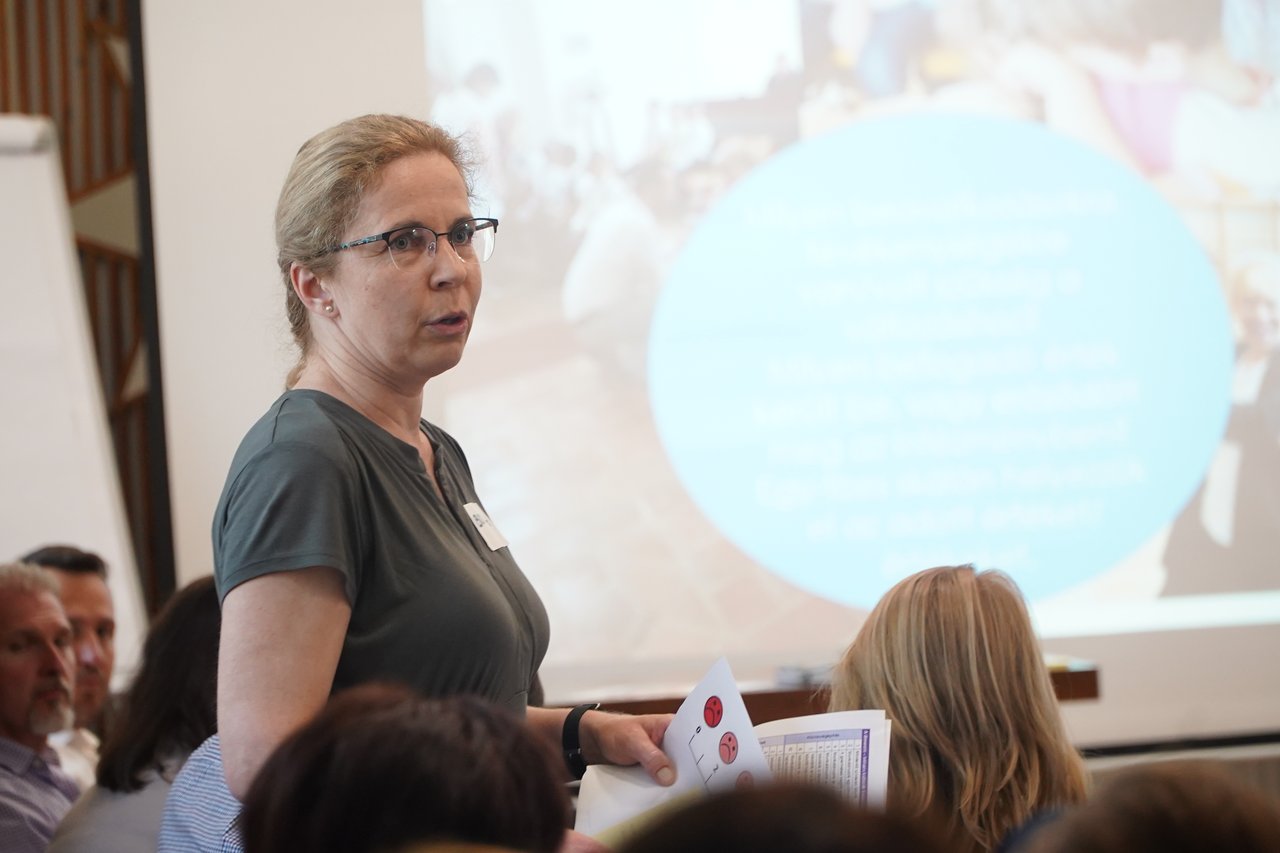
The invitation to the meeting was accepted by László Brucker, general director of the Education Service of the Reformed Church in Hungary, who briefly informed the participating schools about the relationship between Reformed education and social inclusion services and the current events affecting the two areas. The general director expressed his joy at the growing number of Reformed institutions joining the inclusion process, nevertheless not hiding the challenge that the schools involved face daily.
According to László Bruckner, strengthening Reformed education, particularly vocational training and cooperation with the Education District Centers, will soon take a heightened focus within settlements participating in the Emerging Settlements Program (FETE). Several of FETE workers also attended this network meeting. "God has entrusted us with those among whom we live," said the director, adding that at the April meeting of the Synod in Balatonszárszó, a decision was made on the transparent admissions procedure made mandatory for Reformed educational institutions.
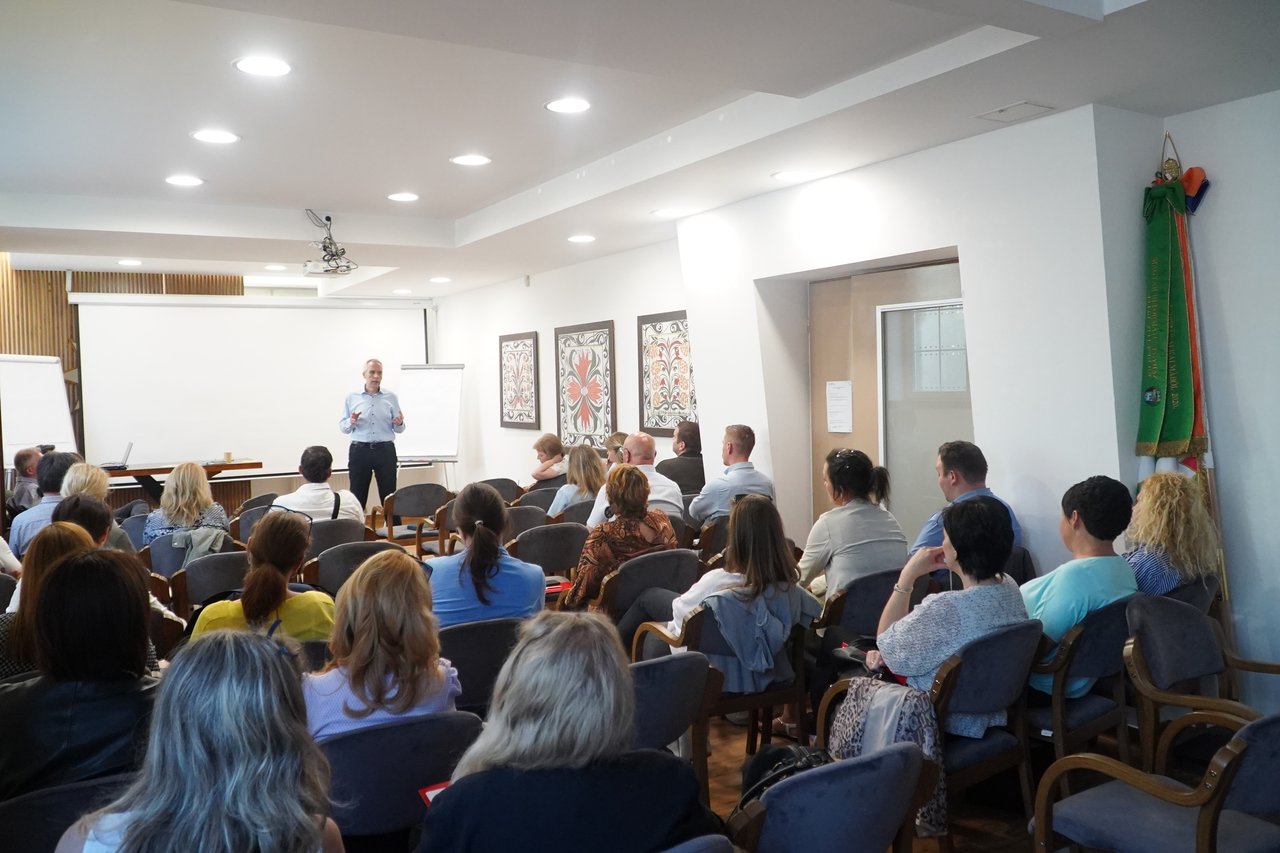
In the rest of the network meeting, three institutions presented their best practices through vivid and inspiring presentations. Headmaster Bettina Baranyi lectured on the discussion circles used in the Magyarcsanád Reformed Primary School, the guidelines that determine the framework of classes and their application, and the school psychologist lectured on the reward system.
The staff of the Sándor Csikesz Primary School of the Reformed College of Pécs in Drávafok presented two good exercises to the participants. Their program called "Being in a Relationship" ("Kapcsolatban") - which Károlyné Unger spoke about - aims at problem and conflict management, keeping in mind the two great commandments (see Matthew 22:37-38). Another prominent project of the school is "Tankert," which has been helping people learn about and protect nature and learn basic agricultural skills for more than ten years - Ibolya Gedó presented this initiative.
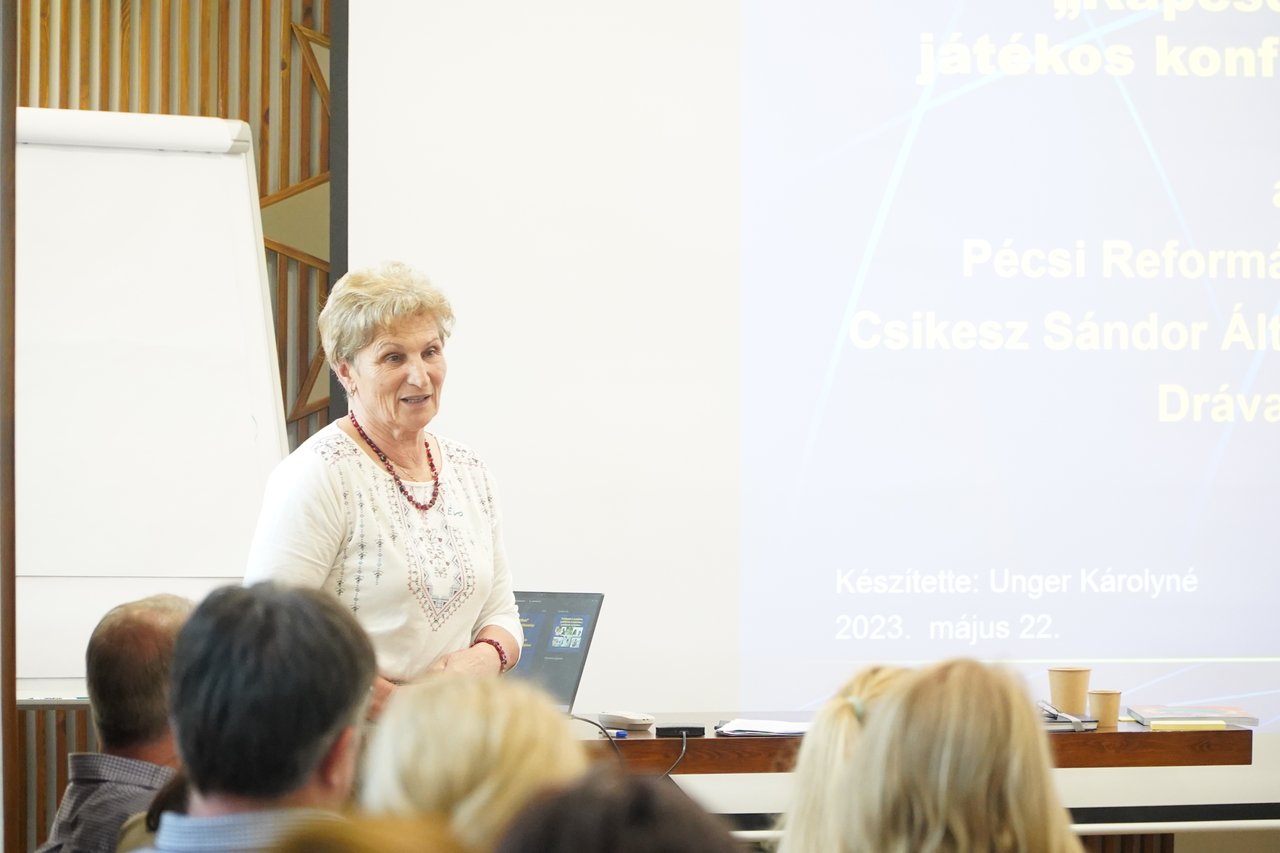
In the Vargha Gyula Reformed Primary School in Nemesgörzsöny, there is a "Parents Academy" introduced by the head of the institution, Imre Békefi. The program helps familiarize parents with the processes taking place at the school and, at the same time, receive help with their own problems.
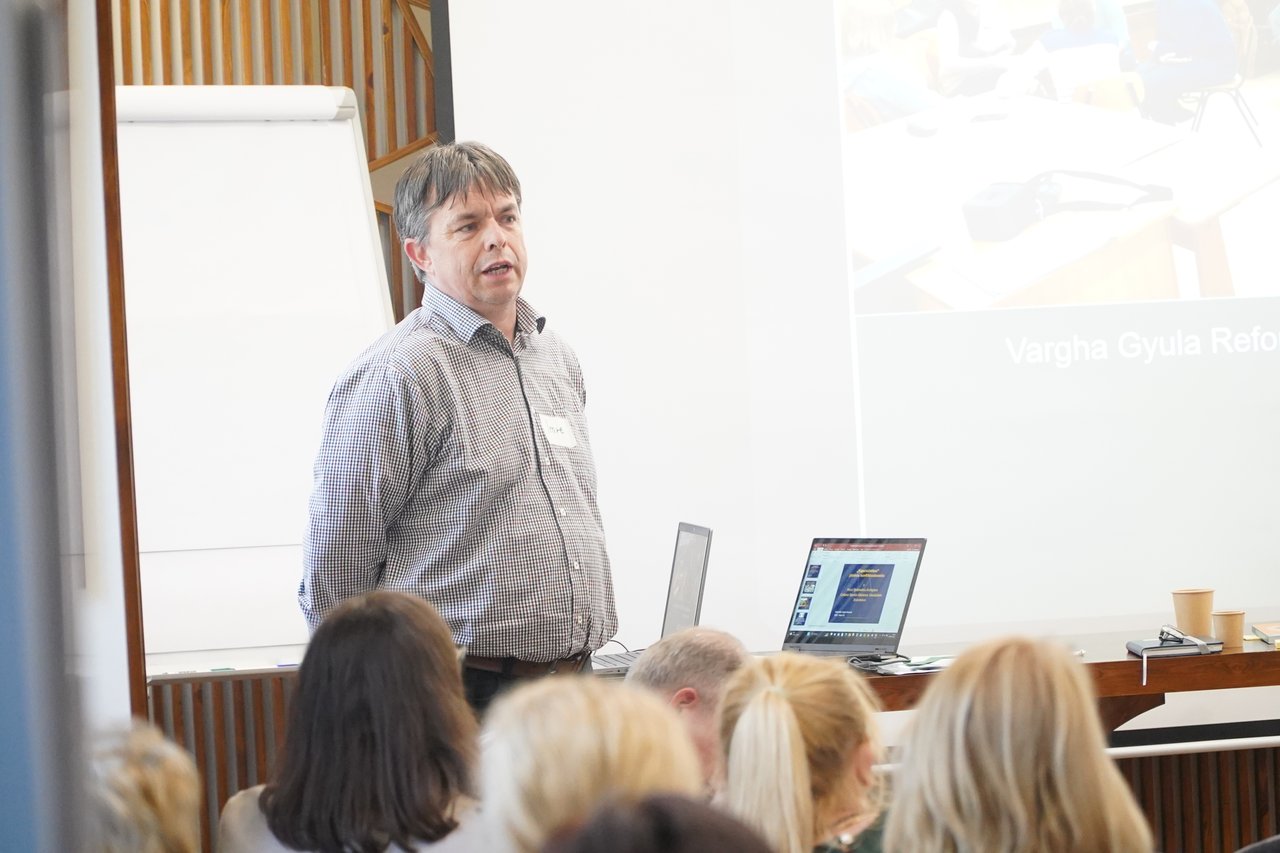
The spring meeting of the Network of Inclusive Reformed Schools brought the staff members of the schools, hundreds of kilometers apart, together, both professionally and personally, and simultaneously brought them a step closer towards the goals discussed at the beginning of the day.
New Country Program Launched With HEKS
The new Country Program of HEKS starts the 1st of January 2021. One of the primary goals is to encourage the RCH’s congregations to be more open towards roma communities and to support ministries among roma families, children and youth.